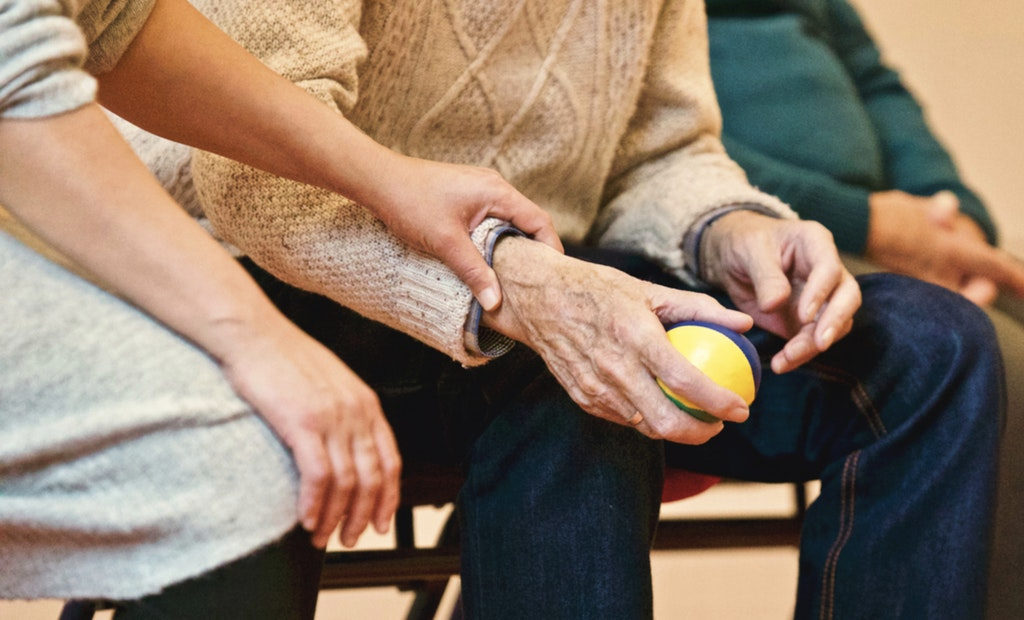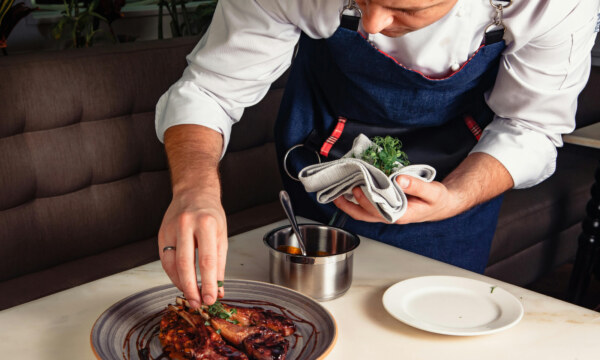UK report highlights concerns over end of life provision

End of life care is a sensitive matter. It concerns the one area of medicine that, above all others, demands a wholly compassionate professionalism and a fully engaged understanding on the part of the staff involved. It goes without saying it can be a fraught time for everyone involved.
The news coming out of the UK that a parliamentary report has upheld over half of 265 complaints against end of life carers makes disturbing reading. Many of the cases described are too graphic and upsetting to dwell on. The accounts of needless patient suffering and casual failures to communicate with relatives offer an all-too-vivid picture of just how important the successful management of end of life care needs to be. The finding of the UK government ombudsman has been that more attention needs to devoted to ensuring that standards in this area of UK medicine are rigorously upheld at all times.
Attention to the needs of the patient, not only in terms of their medical needs but also concerning respect for their wishes and those of their family is simply mandatory. Failure to fully address these needs represents a level of medical negligence that is simply beyond the pale, and for which there can be no excuse.
It is tempting to assume that this is exclusively an issue that relates solely to elderly patients, but palliative care can be required at any age. The cruel facts are that end of life care can be required by anyone at any age. A combination of psychological and physical treatments allied with the establishment of a peaceful and comfortable environment can help us all through what is an inevitably difficult phase of life.
Canada’s international standing
Grisly as such a statistic may sound, Canada is currently ranked as ninth in an international “quality of death” list. Produced by the Lien Foundation in 2010, the quality of death index ranked the world’s 40 most affluent countries in terms of the way that end of life care is delivered. The Canadian Hospital Palliative Care Association (Association Candienne de Soins Palliatifs) is able to directly meet the needs of just 30% of the population. This is despite the fact that almost 70% of deaths occur in hospital. Clearly, these numbers are out of synch. Even more disturbing was the finding that less than 30% (estimates vary between 16% and 30%) either have access to or receive palliative care in hospital. The figures for bereavement counselling and assistance are lower still. Set against the finding that most of us would prefer to make our final journey in the comfort and familiar surroundings of our own home and close to loved ones, these numbers paint an unhappy picture.
Dealing with death is never easy. Facing the practicalities of our last days can be made all the more difficult by the often bureaucratic and impersonal nature of large-scale medical provision. The evidence of the UK survey suggests that whilst maintaining the highest standards is something we should expect, it is not something we can automatically take for granted.
The editorial unit

























Facebook
Twitter
Instagram
YouTube
RSS